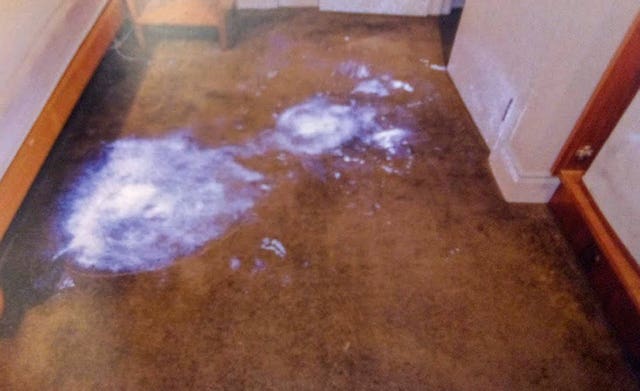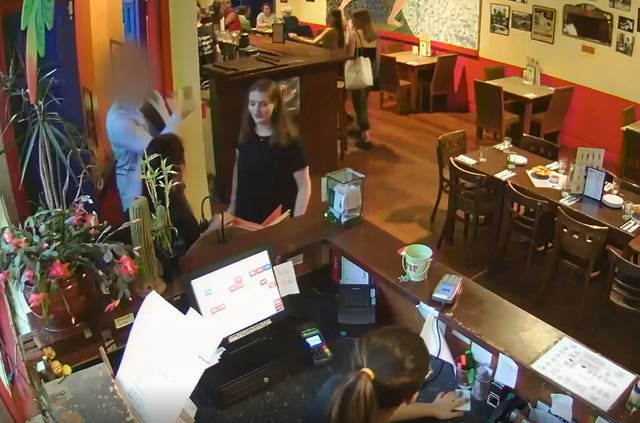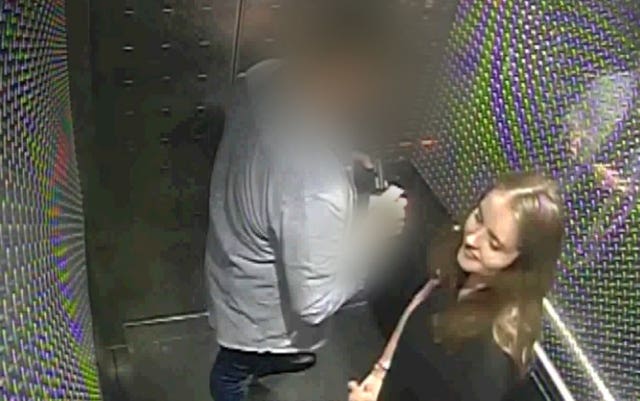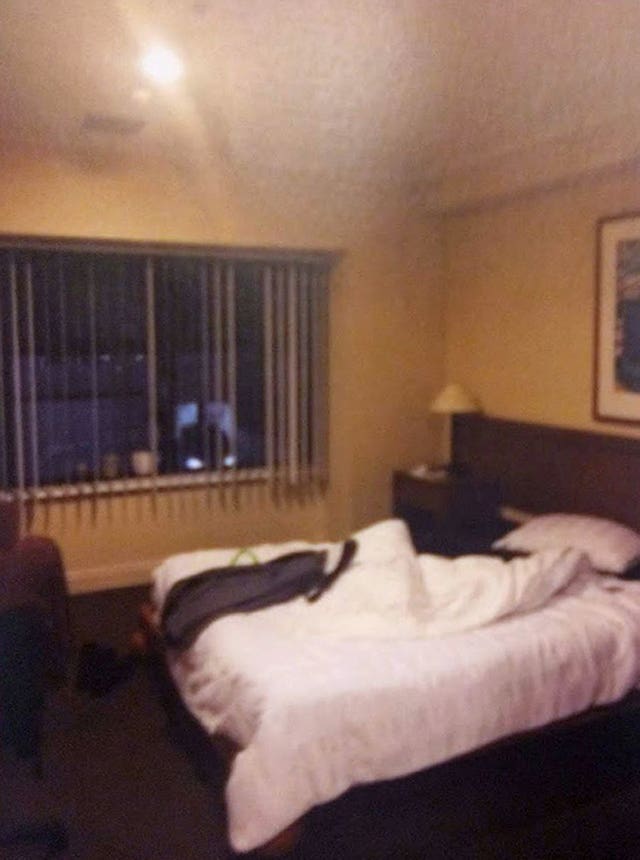DNA found in accused’s apartment most likely to be from Grace Millane, court hears
The young Briton’s body was found inside a suitcase buried in a shallow grave west of Auckland.

Scientific testing showed that blood found on the fridge in the apartment of a man accused of murdering British backpacker Grace Millane was 500,000 million times more likely to belong to her than anyone else, a New Zealand court heard.
The young woman from Wickford, Essex, went on date with a 27-year-old man she met on the dating site Tinder in Auckland on December 1, 2018.
The Crown has alleged that the defendant, who cannot be named due to a suppression order, strangled her and shoved her body inside a suitcase before burying her in a forested area outside Auckland.
Forensic experts told Auckland High Court on Friday that there was evidence Ms Millane’s blood had been cleaned up, which the defendant told police he had done.
DNA expert Turlough Thomas-Stone said “no male DNA was detected” in samples taken from the woman’s fingernails and from the suitcase in which her body was found.

“Given the time between the alleged event and the taking of these samples, that could be a potential explanation (for the absence of male DNA),” he added.
Toxicologist Diana Kappatos said testing showed no illicit or prescribed drugs and the presence of 106 milligrams (mg) of alcohol per 100 millilitres (ml) of blood in the deceased’s body, double the legal limit for drivers in New Zealand.
But Ms Kappatos said that microbial action after death may have increased or decreased the concentration of alcohol in Ms Millane’s body.

Ms Millane’s friend, Ameena Ashcroft, said in a letter read to the court that she “thought something was out of place” when the young woman sent a series of messages during the date in which Ms Millane admitted to wanting to “get smashed” with the man she met on Tinder.
Security footage showed the pair kiss repeatedly at the Bluestone Room before walking arm-in-arm a short distance into the lobby of the CityHigh hotel where the defendant was staying.

It was the last time she was seen alive.
The court heard that data from the man’s phone showed he had used Google to browse websites for large duffel bags, suitcases and car hire.

Records showed the defendant had searched online for “the hottest fire”, “large bags near me” and “Waitakere Ranges” – where Ms Millane’s body was later found contorted inside a suitcase on December 9, 2018 – before going on another Tinder date later that day.
The trial, which is expected to last for another four weeks, continues.





